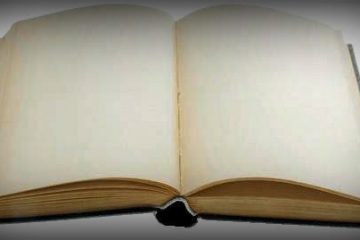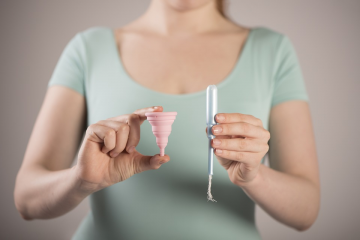How much money does Fairtrade make?
How much money does Fairtrade make?
When selling on Fairtrade terms, farmers will receive the market price and Premium of $200 a tonne on top, increasing to $240 a tonne from October 2019 due to the Fairtrade Price review.
How much is the Fairtrade market worth?
Roughly $9bn worth of Fairtrade products were sold in 2017, their raw material sourced from 1.66 million farmers.
Does Fairtrade make money?
The Fairtrade Foundation receives a licence fee, paid by companies using the FAIRTRADE Mark on their products, which constitutes over 85% of the Fairtrade Foundation’s income. We also receive donations from individual supporters, schools, faith groups, workplaces, Fairtrade Towns and other community organisations.
Where does the Fairtrade money go?
Over and above the Fairtrade price, the Fairtrade Premium is an additional sum of money which goes into a communal fund for workers and farmers to use – as they see fit – to improve their social, economic and environmental conditions.
Is dairy milk still Fairtrade?
They announced that Cadbury Dairy Milk will no longer be Fairtrade certified. Instead, all Cadbury products will be brought under Mondelēz International’s in-house sustainability programme, ‘Cocoa Life’. It has been seven years since Cadbury Dairy Milk became Fairtrade certified in the UK.
Is Cadbury a Fairtrade company?
Cadbury’s signature product, the Cadbury Dairy Milk Milk Chocolate Block range (since April 2010) and Dairy Milk Easter Magic egg (since April 2011) are Fairtrade Certified in Australia and New Zealand. This is part of a global conversion of signature Cadbury products in markets around the world.
Why fair trade is not fair?
The truth is that Fairtrade perpetuates a cruel form of “poverty light”, due to its insignificant shared value for farmers and even less for farm workers and their families. In too many Fairtrade cooperatives less than 5% of girls graduate from secondary school.
Why is Fair Trade unfair?
Fair trade is unfair. It offers only a very small number of farmers a higher, fixed price for their goods. These higher prices come at the expense of the great majority of farmers, who – unable to qualify for Fairtrade certification – are left even worse off. Fair trade does not aid economic development.


